
All candles in the festival of Hanukkah are equal,
except the eighth one, which is special, since it has no sequel
until the next year, so that every Jew is forced to wait
a whole year till another candle with this candle’s weight,
its equal and long-waited sequel, occupies a place
that’s very close to one where number eight was, in a space
that’s situated not precisely where it was, but seven
candles distant from it, echoing the stars in heaven
as do the candles every night, to start another round
of candles that are kindled nightly to the festive sound
of blessings for the miracles that God performs each day,
miracles for which we do not even need to pray
because they happen naturally, as only in December,
in Kislev and in Tevet, kindling candles we remember,
every Hanukkah to one that came before its sequel,
and to one the Hasmoneans celebrated equal.
Some think the holiest of all the candles number five,
fifth day the only one that Shabbos never makes alive,
so that its power to illuminate the darkness must
be greater than all other candles, but I think I’ve just
improved on what these people say, by claiming that the last,
the eighth, is greater than them all, for when its light has passed,
it’s what we all remember waiting for another year
when our menorah shines far brighter than a chandelier
proclaiming everyone who’s lit eight lights a winner — it
illuminates this praise more brightly than a minaret.
Please, by this major metaphor for the menorah’s eight lights please do not be shocked if
I see it just as soundly as if were an illuminated octave.
A rabbi who attended the wedding of the sixth Lubavitcher Rebbe reported that he told him during the wedding that the fifth night of Hanukkah symbolizes the greatest darkness because, unlike the others, it can never occur on Shabbat. He added that Hanukah’s unique strength reaches its full expression specifically on the fifth night, and that it is therefore the task of every Jew, wherever he finds himself, to illuminate even the greatest darkness.
Gershon Hepner is a poet who has written over 25,000 poems on subjects ranging from music to literature, politics to Torah. He grew up in England and moved to Los Angeles in 1976. Using his varied interests and experiences, he has authored dozens of papers in medical and academic journals, and authored “Legal Friction: Law, Narrative, and Identity Politics in Biblical Israel.” He can be reached at gershonhepner@gmail.com.








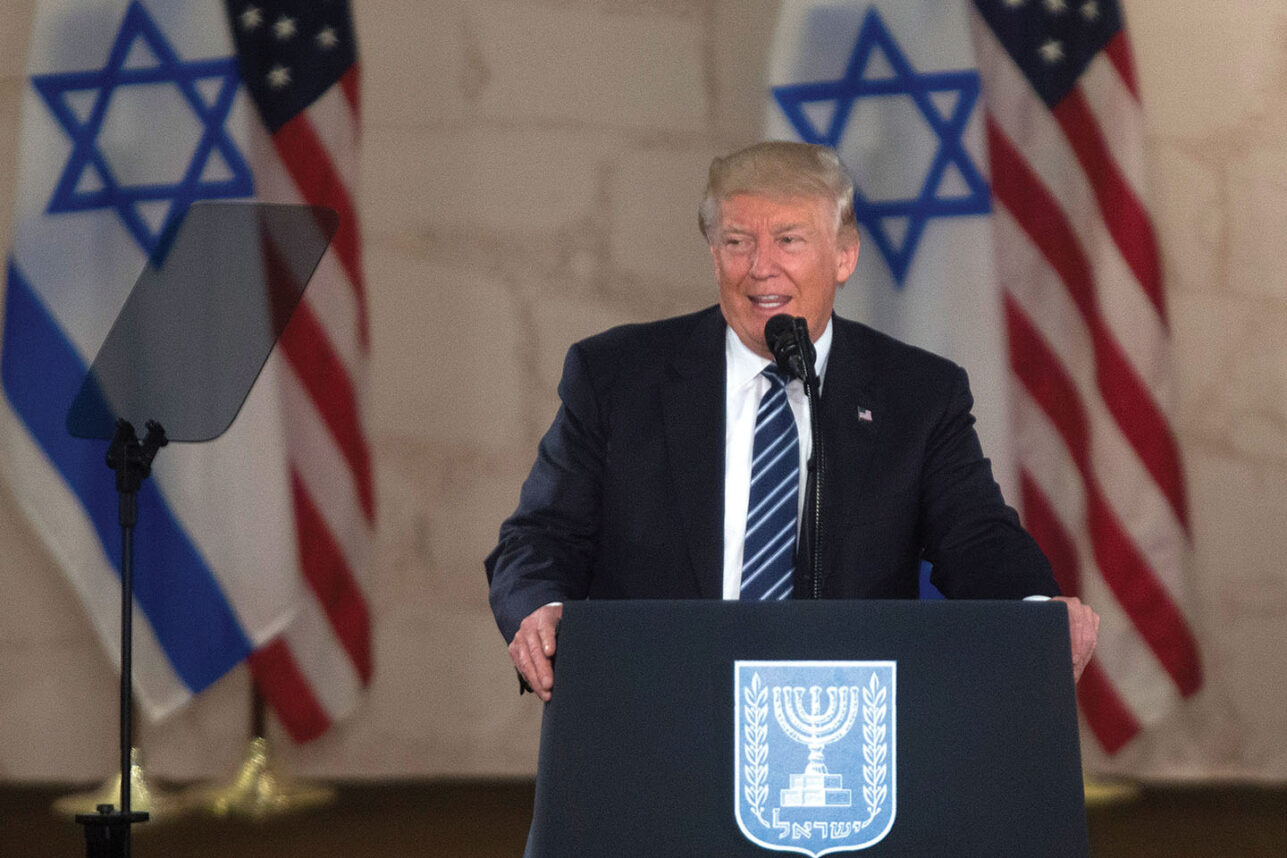






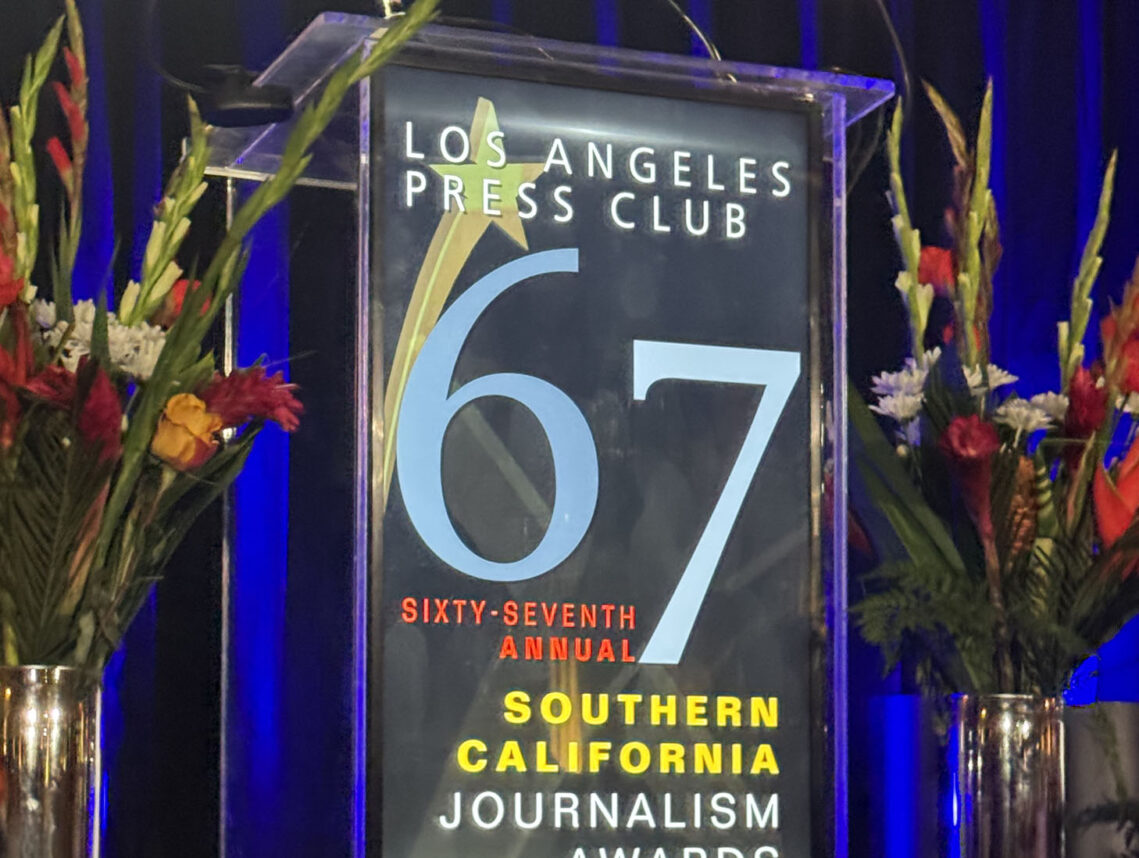

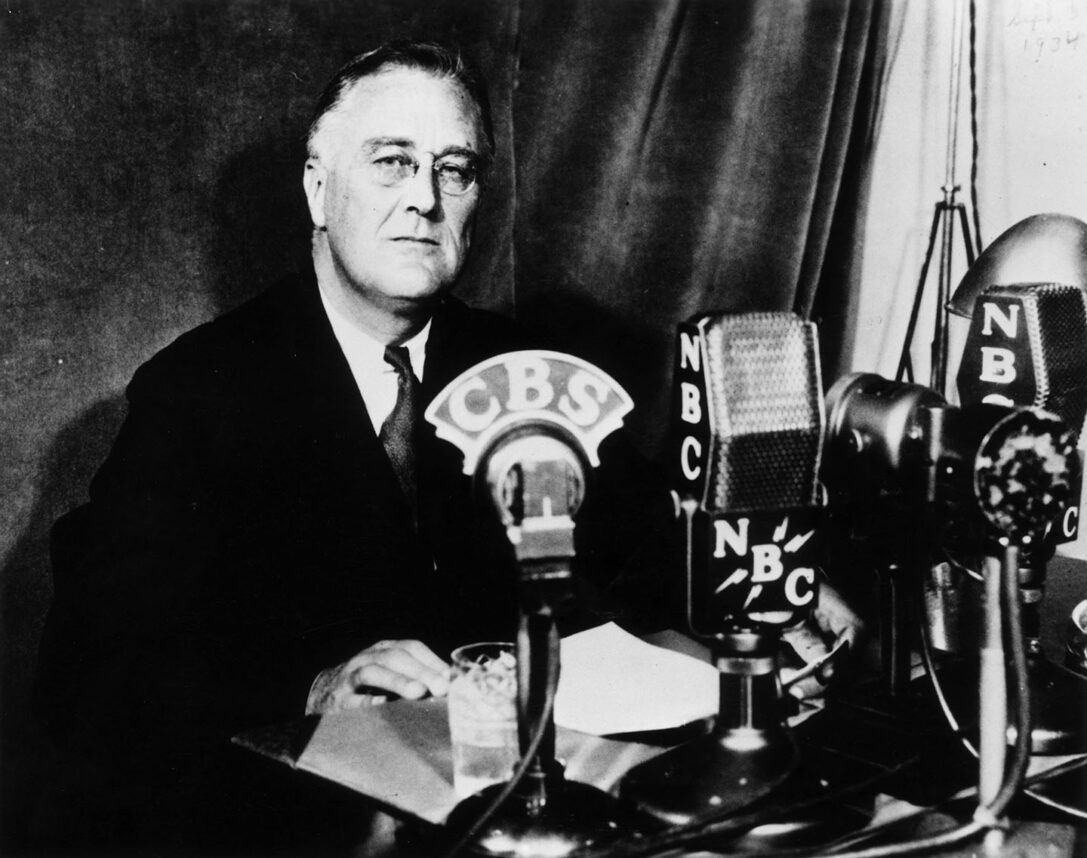

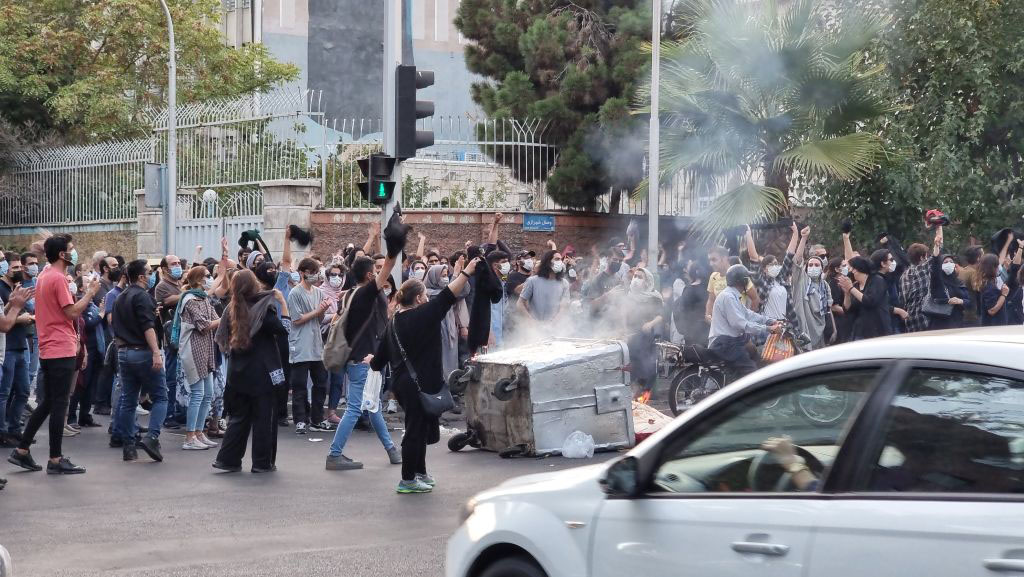
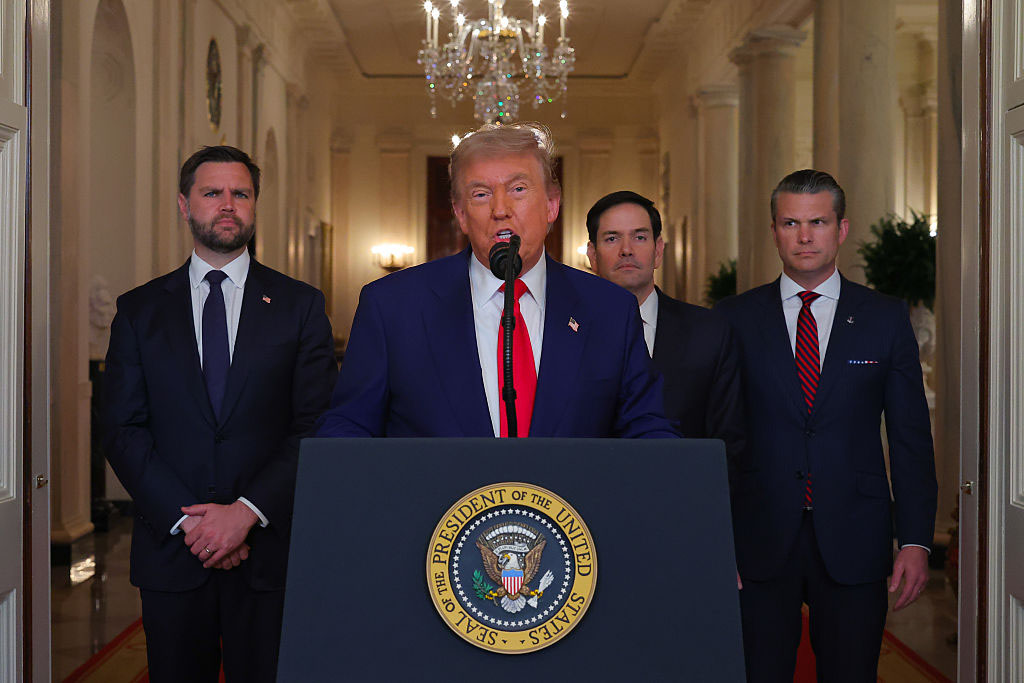


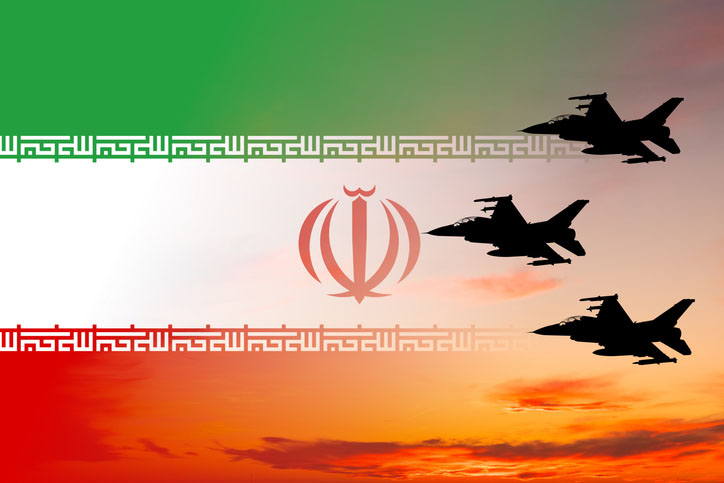
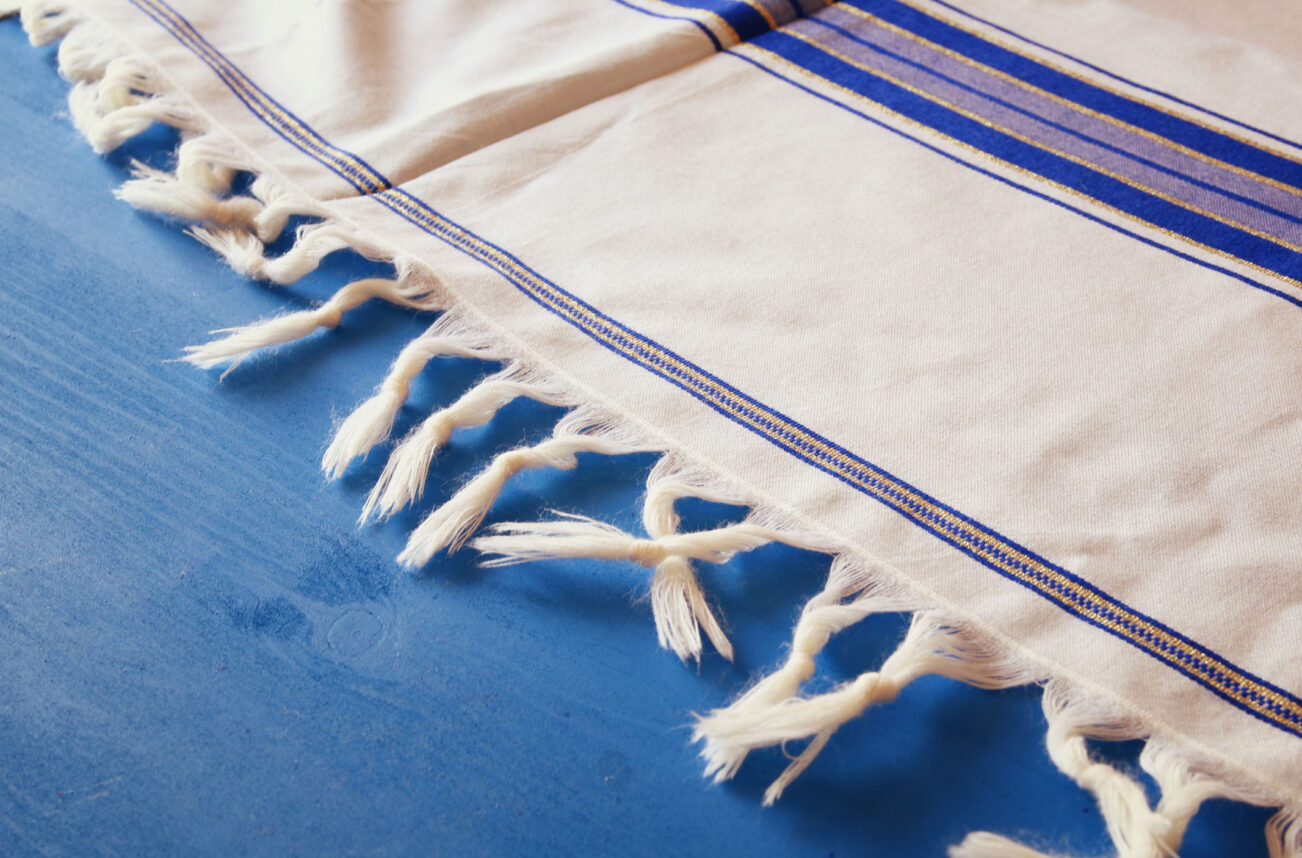


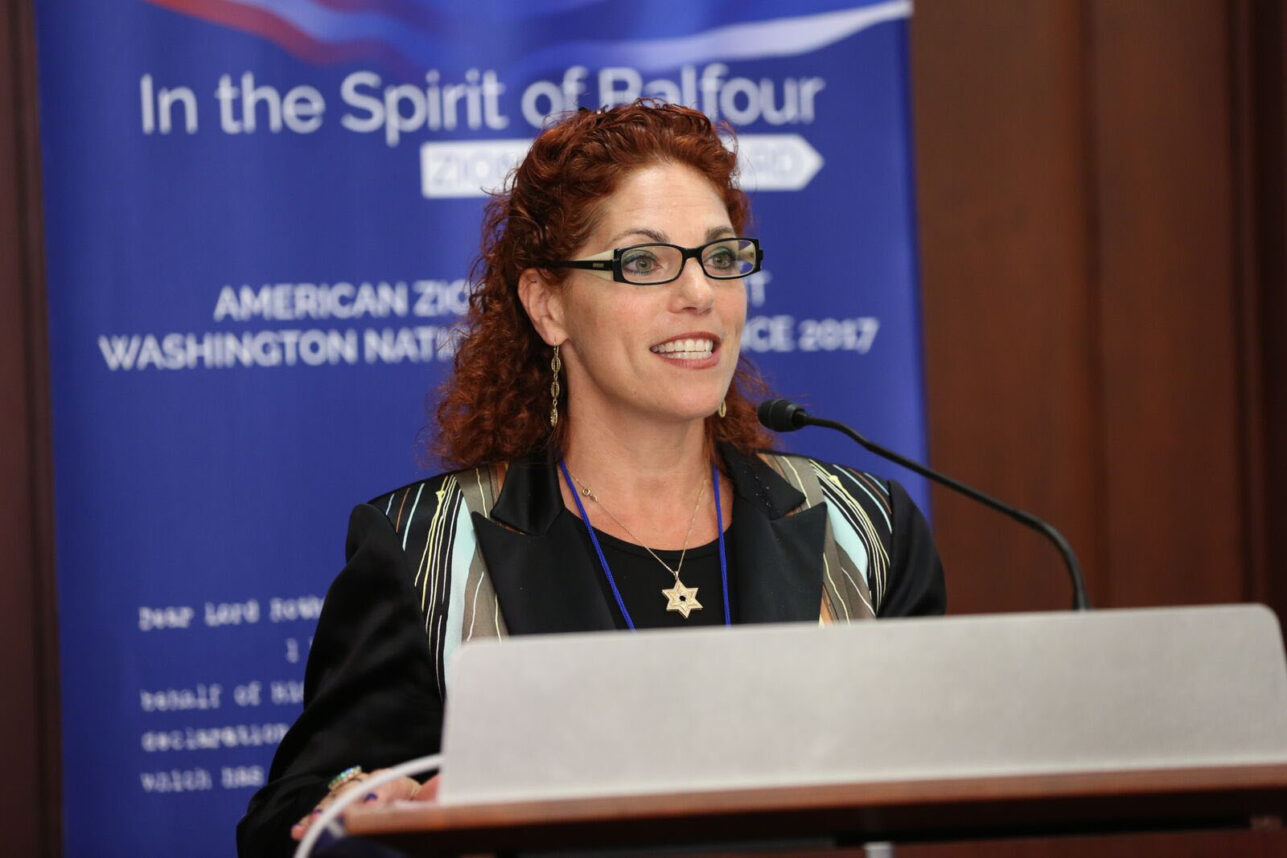
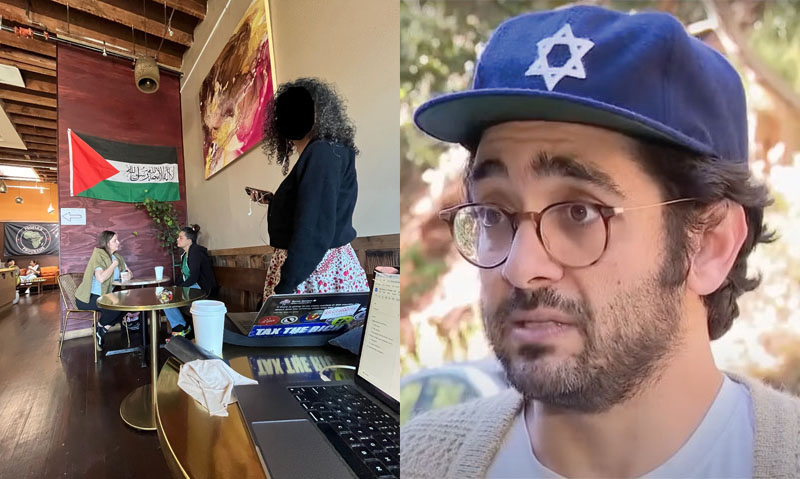


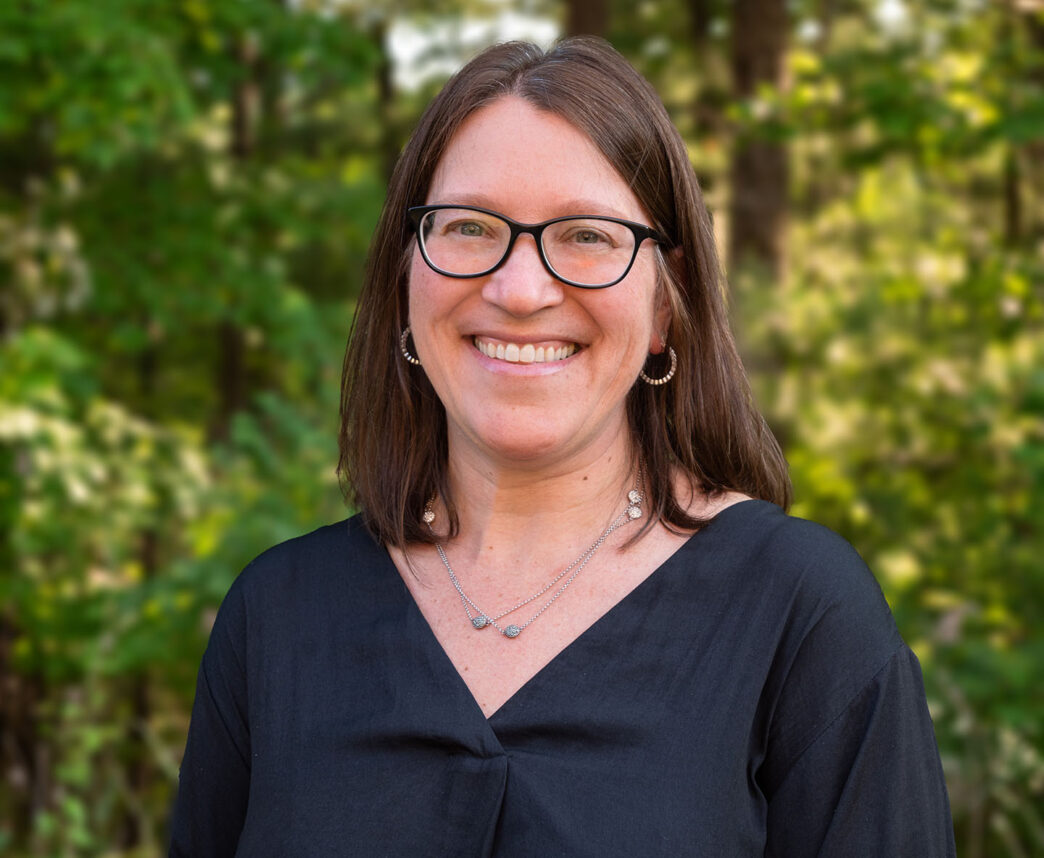
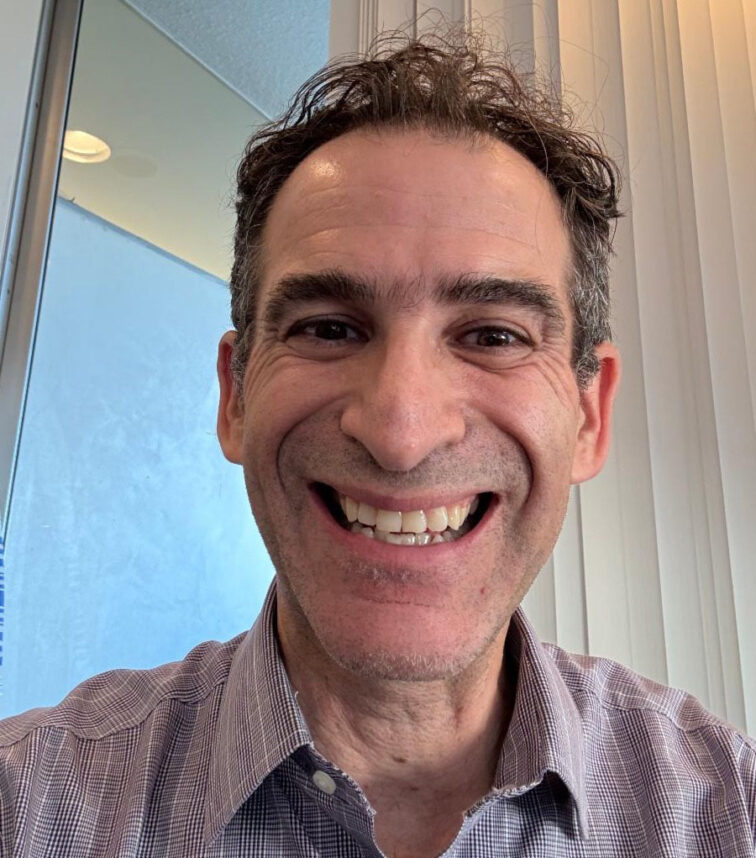

 More news and opinions than at a Shabbat dinner, right in your inbox.
More news and opinions than at a Shabbat dinner, right in your inbox.